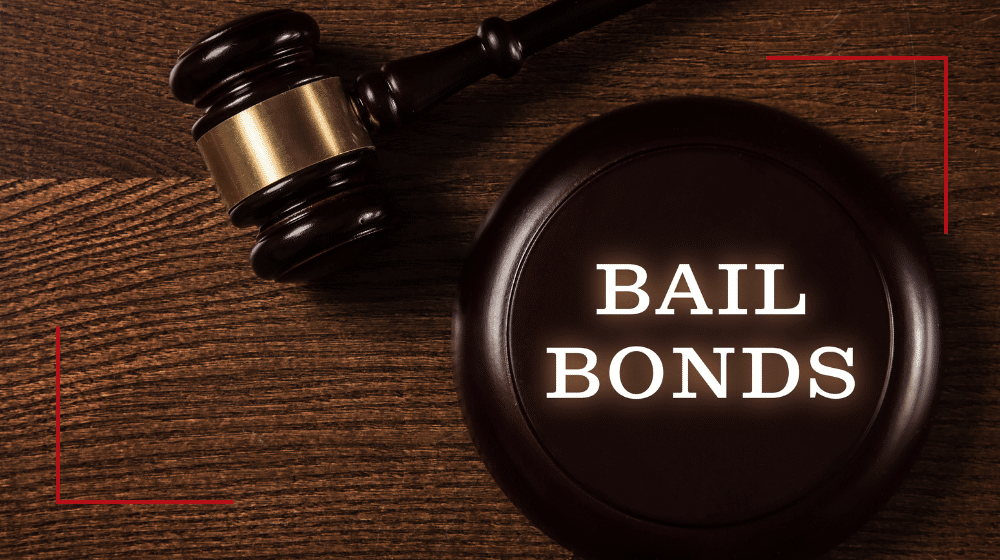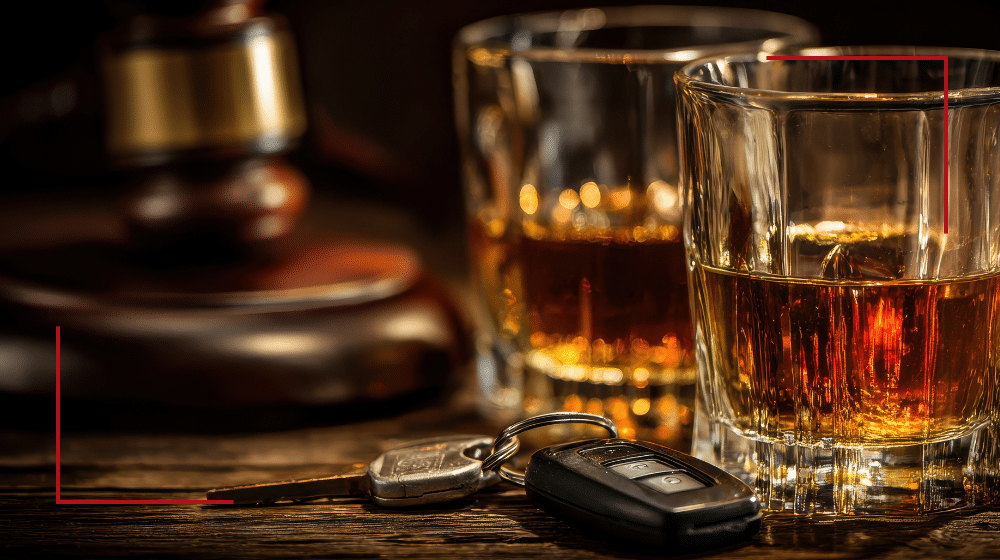OUI, DUI, or DWI cases are often based on the results from approved screening devices, commonly referred to as “breathalyzers”.
The question of whether these breath tests are accurate has commonly affected Operating Under the Influence (OUI) cases for prosecutors, judges, attorneys, and defendants in Maine.
Let’s consider the law enforcement breath-testing devices used in Maine, how accurate they are, and how to defend against OUI charges based on breath test results.
OUI breath test devices can give false readings in Maine
The primary breathalyzers used in Maine are the Intoxilyzer 8000 and Intoxilyzer 9000 models. They are infrared-based instruments approved for use in official OUI investigations.
These models are the latest versions of equipment long criticized by breath-testing experts for reading other substances (“interferents”) as alcohol on the breath and, therefore, giving a false high reading.
The types of interferents that can skew readings include common substances that many people are exposed to, including paint fumes, carburetor cleaner, and substances used in beauty salons.
Despite apparent upgrades to the equipment used by law enforcement in recent years, many experts claim that the same false readings plague the newer models of breathalyzer—though these claims are often brushed off by the manufacturer and law enforcement as convenient claims for OUI defense lawyers.
“Upgraded” versions of the Intoxilyzer
According to the manufacturer, the Intoxilyzer 8000 and Intoxilyzer 9000 models are accurate for alcohol detection and resolve any previous problems with interferents contaminating results —finally suggesting that the older machines (specifically the Intoxilyzer 5000) may have had flaws.
The claim is that the latest models reliably subtract any interferents detected from the final blood alcohol content (BAC) results reading. But is this true?
The latest machines supposedly detect interferents by measuring the light absorbed at two different wavelengths rather than one wavelength, like the old machine.
However, substances like isopropanol, which is commonly found on the breath of diabetics, D-Limonene (common in cleaners and disinfectants), 2-Butoxyethanol (found in everything from cosmetics to paint), and diethyl ether (in commercial degreasers) may still be detected as alcohol by the latest machines. This means that beauticians, janitors, and mechanics, for instance, may be stopped and charged with OUI after a day at work when they haven’t consumed any alcohol.
Ultimately, OUI breath test devices are still giving false readings in 2025.
One of the problems for OUI defense lawyers is that the company that supplies this equipment only sells the devices to law enforcement agencies. It’s almost impossible to independently test them. However, simply “accepting your fate” with an OUI charge in Maine should not be an option.
Challenge the evidence: Blood tests in Maine
When law enforcement in Maine observes an individual driving erratically, they have reasonable cause to pull the driver over. There are three main ways a police officer could determine whether the individual is under the influence of alcohol:
- A field sobriety test: This tests the concentration and motor skills of the driver, who will struggle to complete the test if inebriated.
- A breath test: The breathalyzer device, as discussed above, is claimed to provide an accurate reading of how much alcohol is in the blood.
- A blood test: The most accurate way to determine a driver’s BAC.
Drivers in Maine do not have the right to refuse a chemical test, and face criminal penalties for doing so. If you have already submitted to a blood test and are subsequently placed under arrest for drunk driving, your case is not hopeless.
Even in tests as accurate as blood tests, mistakes can and do occur. Whether there’s a human error in the lab (such as blood serum tested rather than whole blood) or a mistake in the procedures followed by law enforcement, there are often viable defenses to OUI charges.
Sometimes the blood sample is not taken at the time of the arrest, but instead taken after significant time has elapsed. Alcohol slowly absorbs into the bloodstream, so it could be reasonably argued that your blood alcohol content was higher at the time of testing than when driving..
Should I take a breath test if pulled over for OUI in Maine?
We are legally obligated to tell readers to follow the law. However, even if that were not the case, it’s generally best to take a breath test if lawfully requested to do so by a police officer in Maine.
Maine’s implied consent laws
In the U.S., driving is considered a privilege, not a right. Connected to this is the implied consent law in Maine, whereby everybody who operates a motor vehicle within the state has already consented to take a breath test if requested to do so.
Simply by getting behind the wheel of your vehicle, you have agreed to take a breath test. Even if you refuse the test, law enforcement will seek other evidence of drunk driving. Besides, the penalties for refusing the test are harsher than for a standard OUI conviction.
Breath test refusal penalties in Maine
Breath test refusal results in a longer administrative license suspension and harsher potential criminal penalties than a standard OUI if later convicted.
For instance, the administrative license suspension from the BMV for a first refusal is 275 days. If you are later convicted, a consecutive 150-day license suspension will be applied by the court. However, if you take the breath test but are convicted of OUI, you will face only a court-imposed 150-day suspension.
Work-restricted licenses or Ignition Interlock Device (IID) programs are not available under OUI refusal license suspensions.
Additionally, the mandatory minimum jail time and fines upon conviction for refusal include 96 hours in jail (vs. 0–48 hours for an OUI conviction) and $600 fine (vs. $500) for a first offense.
Breath test defenses against OUI charges in Maine
Several defenses in OUI cases revolve around breath tests. Even a positive breath test does not mean you will be convicted.
A skilled criminal defense lawyer can often question a positive breath test by checking and challenging the following:
- Was the machine calibrated correctly and operating properly?
- Did law enforcement follow correct procedures to obtain the sample?
- Was a proper mouth inspection conducted to ensure no foreign objects were present?
- Did testers follow the 15-minute deprivation period to remove all residual mouth alcohol?
As we have seen, the breathalyzer test results can be inaccurate and skewed. A seasoned lawyer will explore every avenue with the potential defenses, including technical arguments that can introduce “reasonable doubt” or make evidence inadmissible to directly prevent a conviction.
For experienced legal help with any criminal matter, contact us directly online or call The Maine Criminal Defense Group for an initial case evaluation
Related Articles


